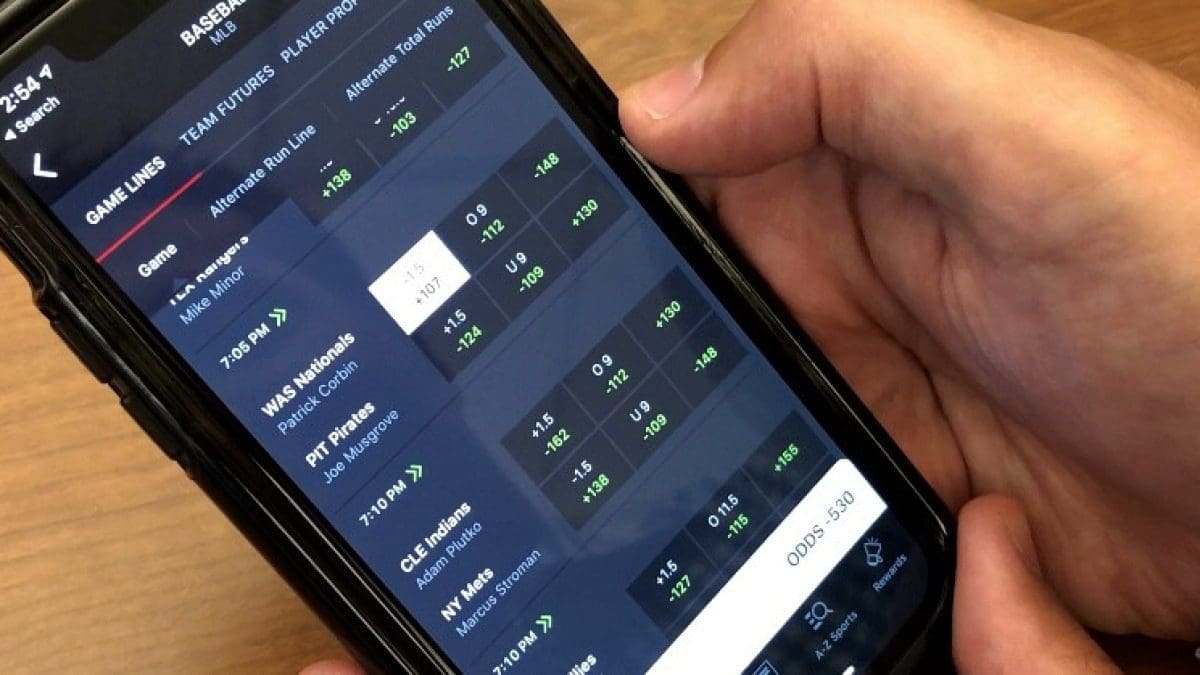On Tuesday, senators heard testimony from a Texas Lottery Commission official regarding the sales of online lottery tickets, which the commission has allowed—violating state law—since 2020.
During the hearing, State Sen. Mayes Middleton (R-Galveston) elicited testimony that, under Texas administrative and government code, the Lottery is not authorized to sell products by any method other than in person.
The lottery commission, for its part, claims it can’t regulate online sales. Inconveniently for the commission, it issues licenses to stores with clearly identified selling behavior, including facilitating online sales.
Translation: The commission is fully aware of online selling activity and can stop it (by removing licenses), but it isn’t doing so. Last year, the commission revoked zero licenses for selling tickets online or other infractions.
Harming the Lottery Commission’s position further, testimony on Tuesday indicated that brick-and-mortar locations have entered into agreements with online courier services. But, no courier is involved; according to Rob Kohler, representing the Christian Life Coalition, the operation is “turn-key.”
Online play, which was never envisioned when Texans approved the lottery in 1991, isn’t confined to Texans playing the lottery. With the Lottery Commission’s help, out-of-state bettors have extracted millions from Texas.
Further undermining the Lottery Commission’s claims that it remains unbiased regarding the illicit sale of tickets online, the current behavior directly results from the commission’s actions.
Established in 1991, the Lottery is supposed to administer an in-person game, but during the pandemic in 2020, the commission rewrote the rules, ultimately allowing out-of-state, out-of-country, and underage players to buy tickets.
Specifically, the commission deleted rules that forbade over-the-phone, mail-in, online, or non-manual requests to buy tickets. These rules were established with clear legislative intent. Likewise, the commission’s deletion of rules opened the door to online sales and exposed their intent.
This year, the Texas Lottery Commission was embroiled in a scandal after it facilitated the online sale of tickets to out-of-state players, resulting in an investment group winning a $95 million jackpot. Originally reported by the Houston Chronicle’s Eric Dexheimer, the syndicate spent over $25 million to purchase nearly all possible number combinations to secure the win. The commission aided the syndicate by approving the deployment of additional lottery ticket machines to allow the surge in purchasing.
Now, according to complaints filed with the attorney general’s office, the Texas Lottery Commission has exceeded the limited scope of its operations again, allowing the sale of scratch tickets online in violation of its own rules.
Last week, the Christian Life Commission alerted the attorney general’s office of three Austin-area Texas Lottery retailers selling Texas Lottery scratch tickets through a website and mobile phone app.
It works like this: Players purchase tickets through an app, and an electronic version of a purchased Texas Lottery scratch ticket is populated in a courier account.
To appear as though the law isn’t being broken, players virtually simulate scratching a ticket by removing “digital latex” to reveal the ticket’s already determined outcome.
Welcome to the dystopian digital latex-filled future.
Instead of disallowing online ticket sales through so-called courier services, the Lottery Commission has proposed rules to regulate the practice during the legislative session. The commission is asking lawmakers to rubber-stamp a usurpation of voters’ power.
There will be well-monied and connected Texans working to keep this practice going. Owners of the Dallas Cowboys and Dallas Mavericks sports teams have backed online lottery startups.
Self-service vending machines—vectors of potential underage gambling in the state—are also currently under review.
The Texas Lottery is under Sunset Review, meaning lawmakers can significantly alter its operations or abolish it entirely during the 2025 legislative session.
No ads. No paywalls. No government grants. No corporate masters.
Just real news for real Texans.
Support Texas Scorecard to keep it that way!





